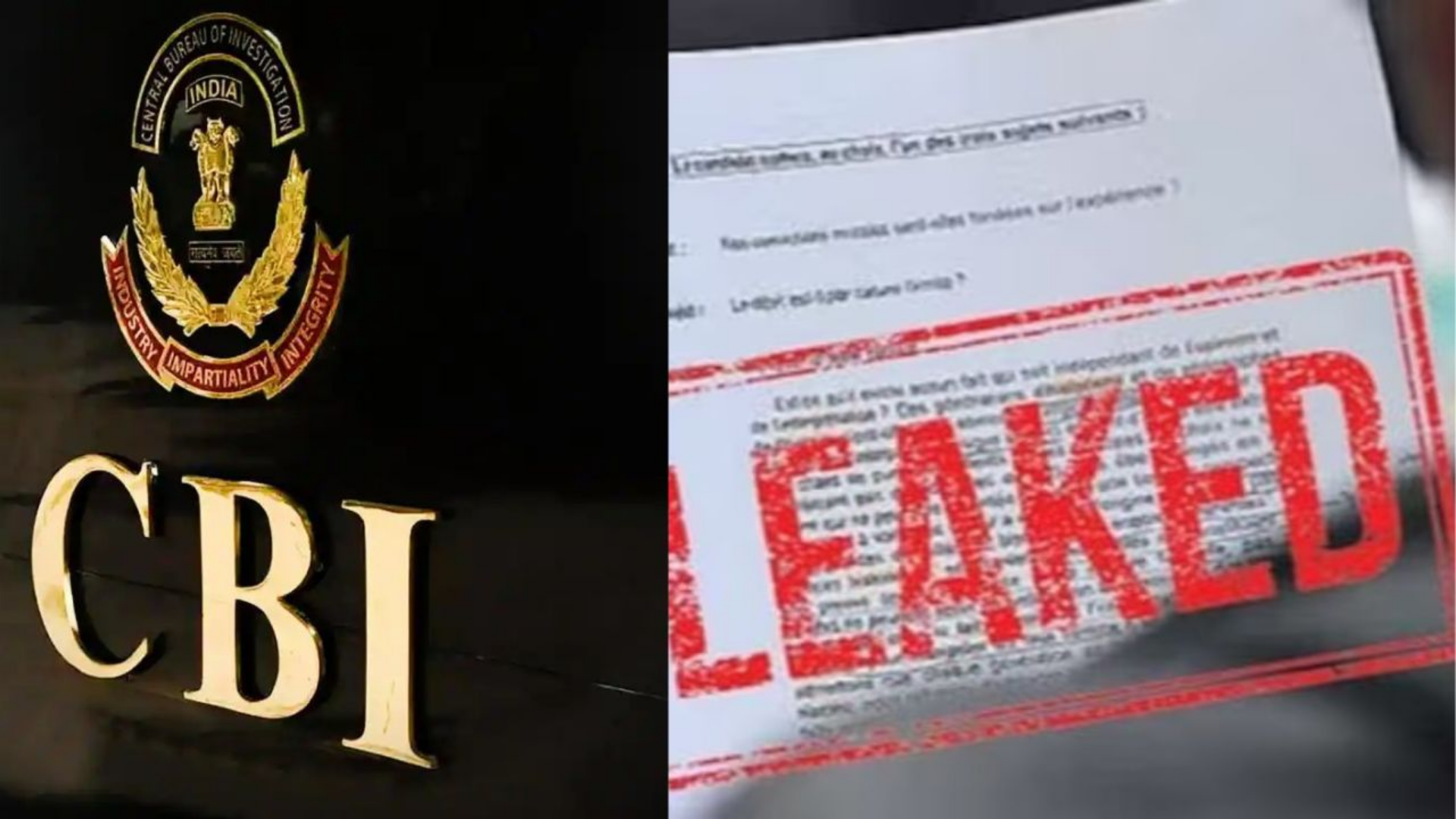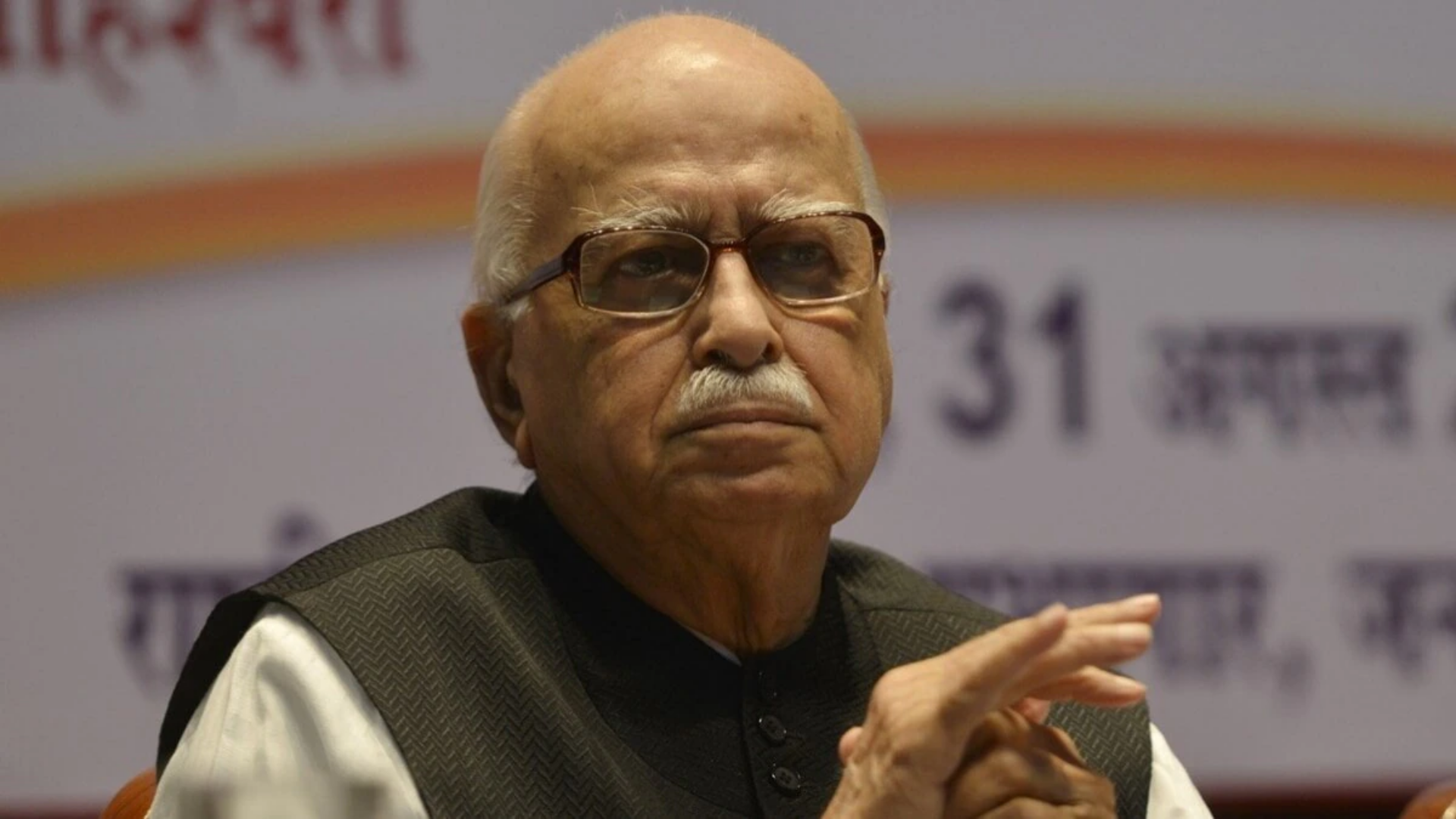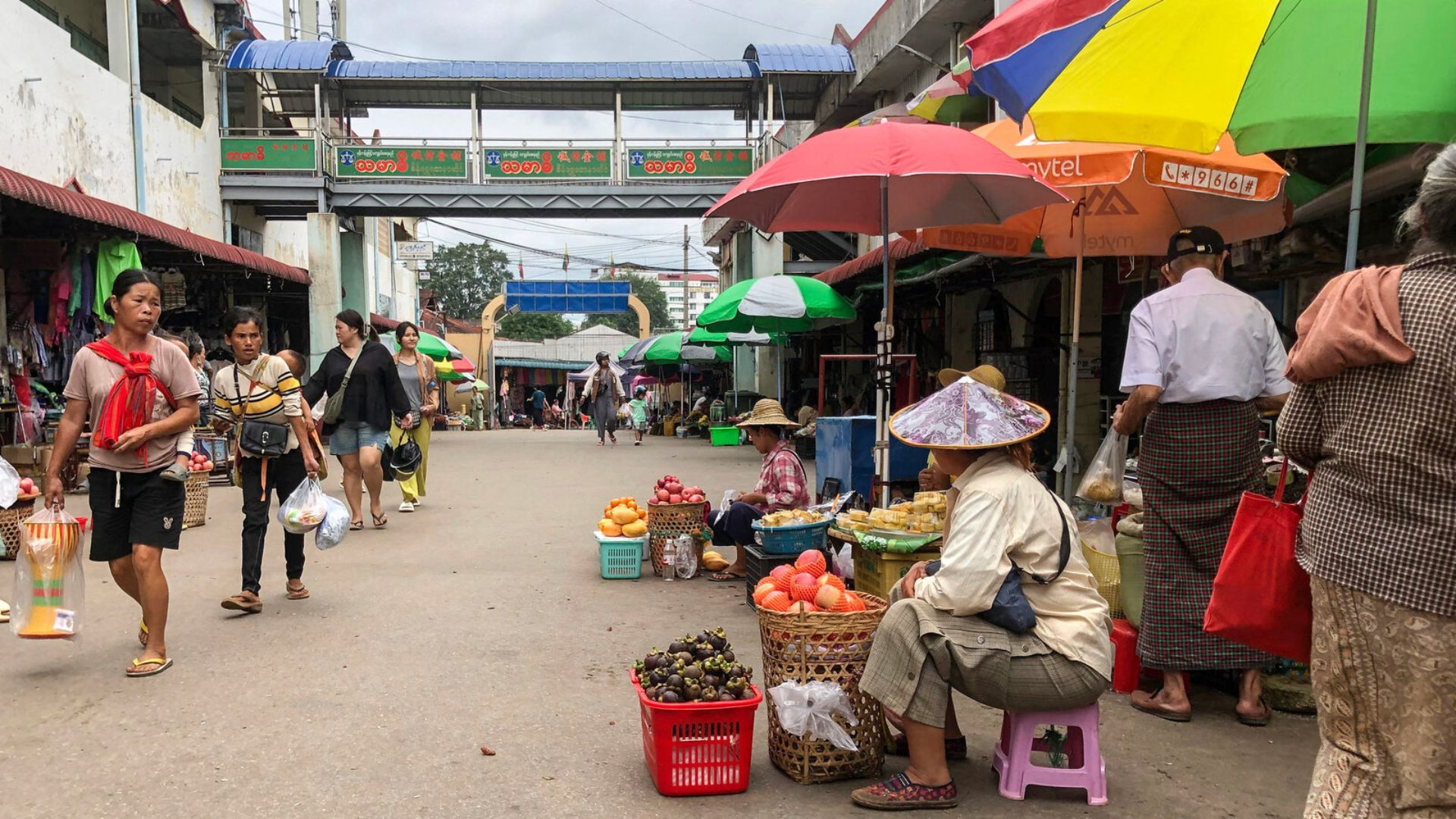










The Centre for Advanced Research and Excellence in Virtual Autopsy, situated at AIIMS Delhi, has emerged as a pivotal institution not only in India but also in Southeast Asia. This center has taken on the task of spearheading the development of virtual autopsy in various institutes across the country, including NEIGRIMS Shillong, AIIMS Rishikesh, and AIIMS Guwahati.
The primary goal of this center is to position India as a global leader in technological advancements within the field of Forensic Medicine. As it marks its five-year milestone, Professor and Head of the Forensic Medicine Department, Sudhir Gupta, has revealed plans to establish additional centers in the near future.
Gupta emphasized, “We meticulously assessed existing centers worldwide and then designed infrastructure and facilities that surpass these benchmarks. The ICMR and the Government of India are both enthusiastic about establishing more such centers for Virtual Autopsy across the nation. In fact, a second center has already been inaugurated in Shillong at NEIGRIHMS.”
With approximately 600 virtual autopsies conducted for comparative studies between traditional and virtual methods, along with numerous research projects, the center has amassed a wealth of data. This data has proven invaluable, with over 100 cases handled through virtual means, providing solace to the deceased’s relatives and ensuring dignified management of the deceased.
The center operates at a pace of 6-7 autopsies daily, with nearly 100 virtual autopsies completed in the past year alone. Virtual autopsies have not only bolstered the evidentiary value and credibility of post-mortem reports but have also become indispensable tools for education and training purposes. Innovative techniques like post-mortem CT Angiography are being employed to ascertain the causes of sudden deaths in young adults.
Furthermore, the center’s use of PMCT scanning in Virtual Autopsy has yielded substantial radiological data. This data is now being harnessed for a range of medical research endeavors in clinical medicine and anthropology. Studies on anatomical variations of skeletal and organ structures in the human body, as well as age-related ossification studies within the Indian population, are just a glimpse of the diverse applications of this data.
The Centre for Advanced Research and Excellence in Virtual Autopsy at AIIMS Delhi stands as a beacon of progress, not only advancing forensic medicine but also contributing significantly to medical research and the understanding of human anatomy.









